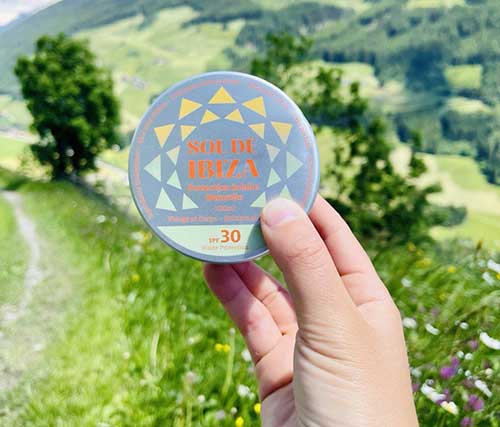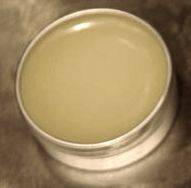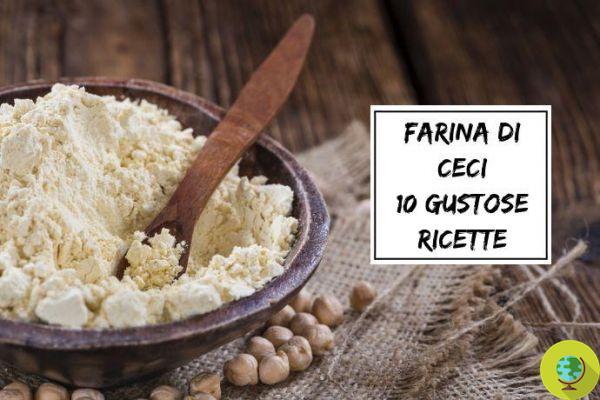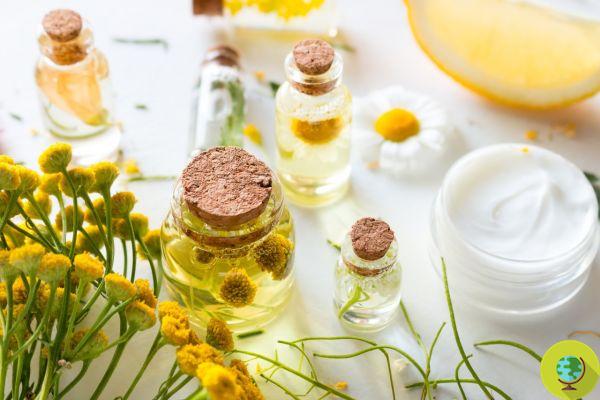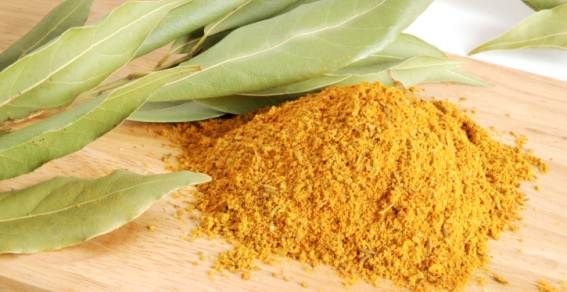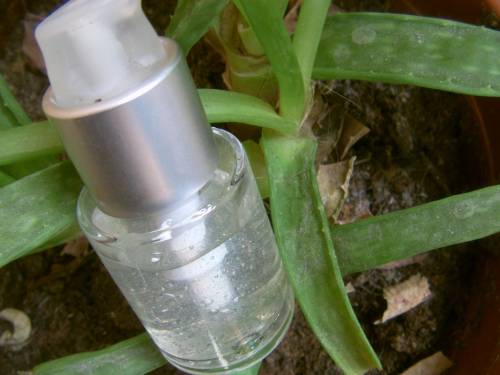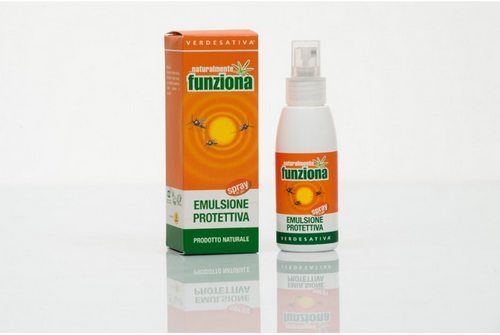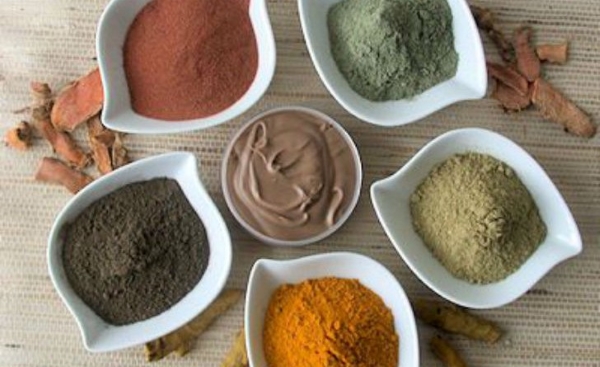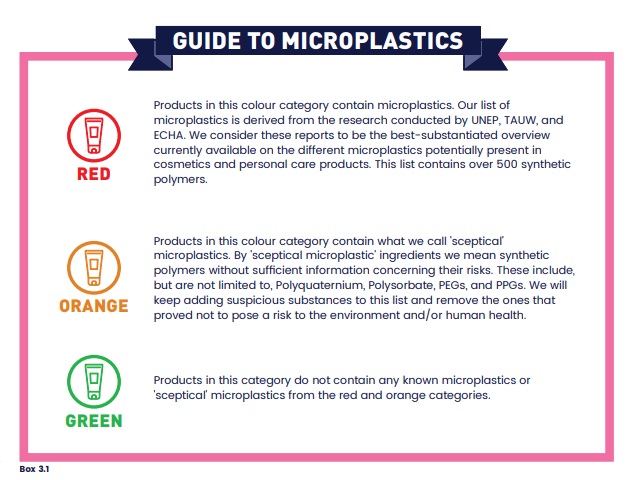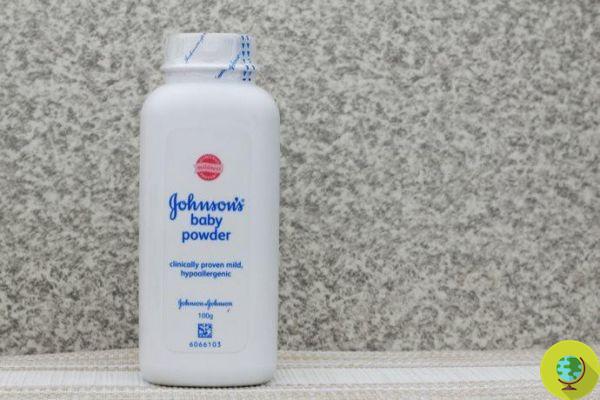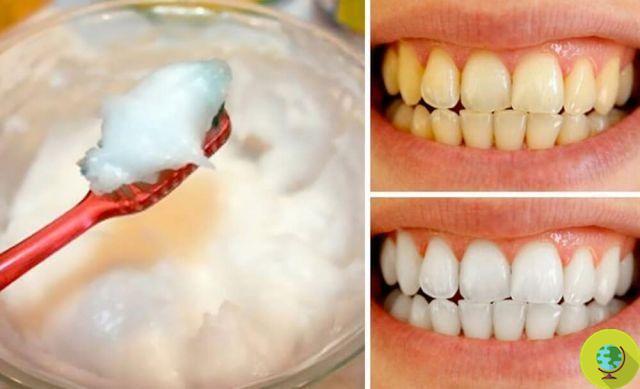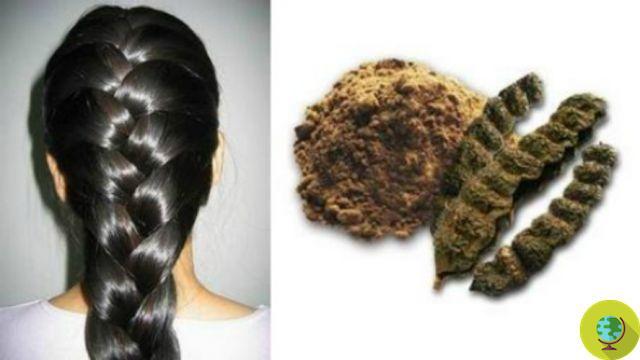Many of you may have heard of potassium alum, also known as rock alum. It is mainly used as a deodorant, but is it really effective and, above all, safe for health? There are still many doubts that revolve around this product. Some people use it with satisfaction, while others are wary. Let's try to clarify ...
Don't store avocado like this: it's dangerous
Many of you will have heard ofpotassium alum, Also known as rock alum. It is mainly used as deodorant, but is it really effective and, above all, safe for health? There are still many doubts that revolve around this product. Some people use it with satisfaction, while others are wary. Let's try to clarify ...
Index
What is potassium alum
Potassium alum is a mixed salt of aluminum and potassium fromantiperspirant action. At room temperature it is solid, colorless and odorless. For domestic use it is used for its deodorant properties, astringent and hemostatic. It is often presented as a natural deodorant, to be used as an alternative to commonly sold products.
To recognize potassium alum, check that the formula is present on the packages KAl (SO4) 2 • 12H2O.
This substance is also used industrially, for example in the textile sector, to fix colors. In the past, the deposits of the Tolfa Mountains represented the most important quarries in Europe for the extraction of potassium alum.
What interests us mainly is its use as a natural deodorant.
Potassium alum, benefits and advantages
Potassium alum, used instead of a more traditional deodorant, promises several advantages: the main one is undoubtedly that does not cover bad smells, but works by limiting the proliferation of the bacteria that cause them. We could summarize its strong points as follows:
- acts like natural antibacterial creating an inhospitable environment for bacteria that can settle in the humid areas of our body
- it has disinfectant and healing power
- it lasts a long time and has a rather low cost
- it is odorless, it does not contain synthetic fragrances and not even alcohol or gas
- it is suitable for those who suffer from allergy to synthetic fragrances
- it does not leave halos on clothes and it is not greasy
- it is easily found in herbalist's shops or on the internet and sometimes even in supermarkets
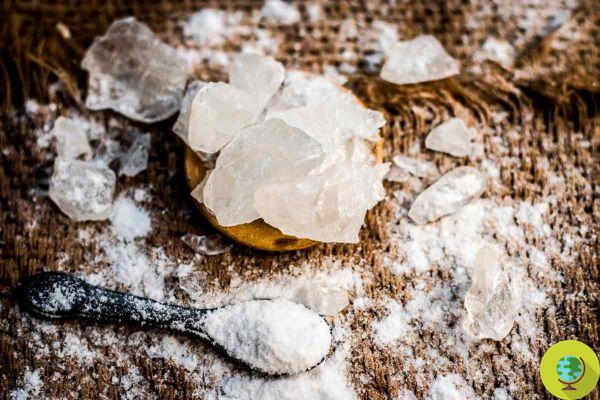
How to use potassium alum
Thanks to its antiperspirant and bactericidal qualities, potassium alum is mainly used to counteract the bad smells of sweating. The most common form in which to find this substance on the market is the classic Stone but it is also available in powder form and is sometimes used as ingredients spray or stick deodorants.
To apply potassium alum, the stone must be moistened and then passed over the most critical points of the body for sweating, such as the feet and armpits. Then it is left to dry until the next use.
However, potassium alum is also useful as a remedy:
- post hair removal
- after shaving
- to promote the healing of small wounds
- on hemorrhoids or to stop bleeding gums
- relieve itching caused by insect bites
- to heal cold sores and boils more quickly
Potassium alum, contraindications
The use of potassium alum is still quite controversial, there are those who consider it an excellent natural alternative to the more traditional deodorants and those who instead warn about the potential risks of continuous use of this product.
The problem lies in the fact that the stones, as well as the powder or deodorants based on potassium alum, contain (as the name also suggests) aluminum salts. The skin, especially in the case of micro-lesions, for example after hair removal, could absorb these salts with consequences that are not very clear. In fact, there are still no clinical certainties on the safety for health and for the skin of aluminum salts, even if some studies claim that these substances would be able to attack the mammary glands and damage the DNA.
The one present in rock alum is a different form from aluminum hydrochloride (aluminum chlorohydrate) but we are still talking about aluminum. In any case, the fact remains that potassium alum is antiperspirant and therefore it would be good not to use it every day as a deodorant, in order to give the skin the possibility to breathe. The sweating of our body is in fact a physiological need and blocking it is certainly not advisable.
If you are taking special medicines or if you suffer from major diseases, consult your doctor before starting to use potassium alum. Stopping sweating in this way could be risky, think for example of people suffering from high blood pressure.
In no case should potassium alum be ingested, in this way it is in fact particularly toxic.
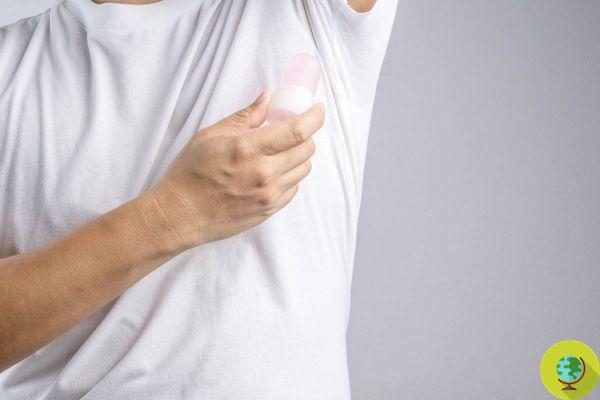
What alternatives?
Since the health safety of potassium alum is uncertain, which natural deodorant to choose?
Who is looking for alternative to the classic deodorants on sale in the supermarket, or to the potassium alum itself, you can opt for some easily available alternatives. Both on the internet and in herbalist's shops and in specialized shops you can find ecological and organic deodorants, free of aggressive or dangerous substances for the skin.
Otherwise, you might experiment with using the sodium bicarbonate as a deodorant powder, just as if it were a talcum powder. Or again, you can prepare a DIY cream deodorant (video tutorials).
Finally, do not forget that the effectiveness of natural deodorants can vary from person to person, depending on the type of sweating and the pH of the skin.
Read also:
- Do-it-yourself deodorant: recipes to fight bad odors in a natural way
- 10 organic deodorants and with a good Inci
- Deodorants that contain too much aluminum. The German test
Marta Albè




